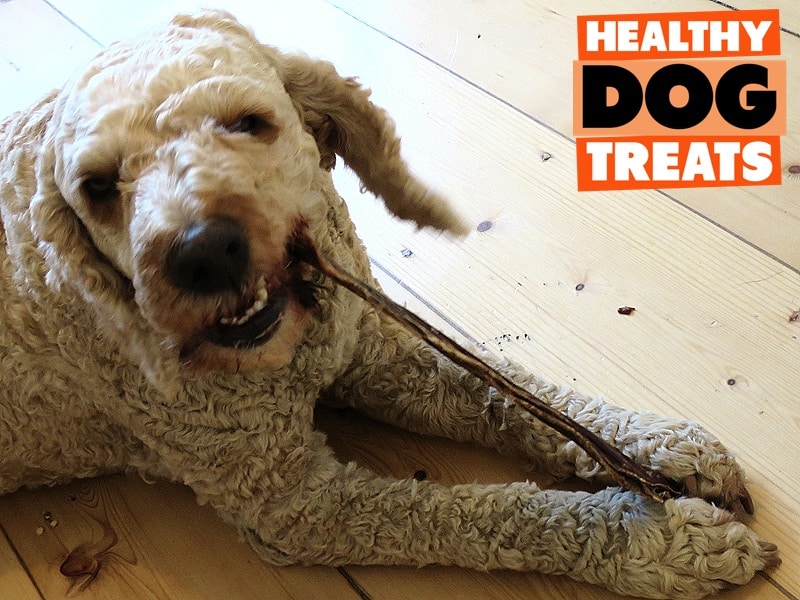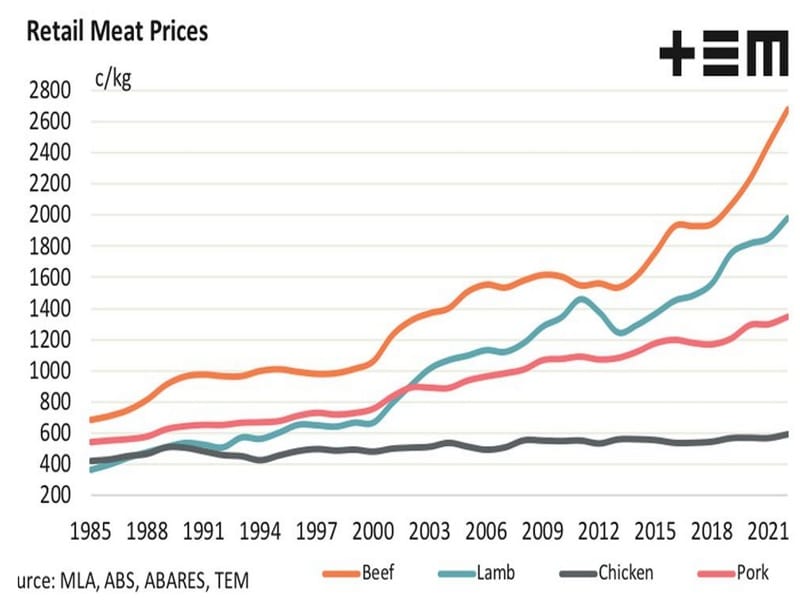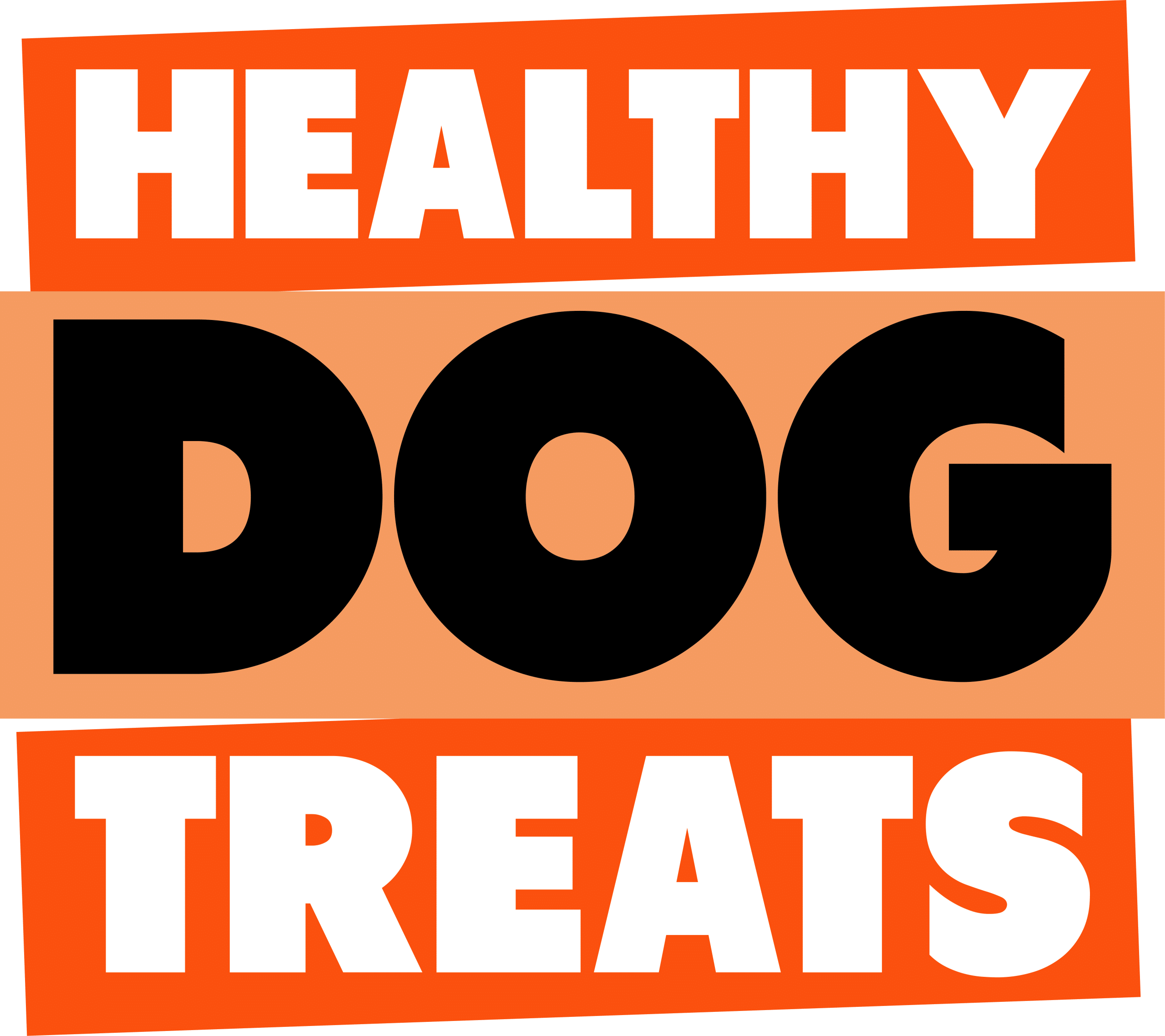Why dogs get less meat … and the rise of Veganism in Australia

While I don’t always aim to be controversial, I take a strong stand for Australian companion dogs to be allowed (or making it easier) to eat Meat.
This article explores the causes for why owners have been giving up meat (for themselves), and how that affects decisions of owners to feed dogs less meat. And not surprisingly, how it also greatly benefits the bottom line of fast-food companies and dog food companies alike.
Firstly, below is a truncated list of the various human diets and the amounts of meat they eat.
The carnivore diet: is a restrictive diet that only includes meat, fish, and other animal foods like eggs and certain dairy products. It excludes all plant matter.
The omnivore diet. This is a mix of both eating meat and vegetables. While many animals are classed as mainly Carnivore or herbivore, there exists many examples of true Omnivores.
And while some dog food companies would have you believe that dogs have always been omnivores, that has only been a relatively recent phenomenon (that dogs can tolerate large grain loads). In fact, there are probably more examples of herbivores such as sheep, goats and even hippos eating meat to get enough protein to survive in lean times. Than carnivores eating large vegetable matter loads by choice, regularly in the wild.
The human journey from carnivore to omnivore began many 10’s of thousands of years ago, perhaps 100,000’s years or so. When humans realized it was easier to heard cattle, and grow crops, than daily hunt big dangerous beasts. This was a strategic decision that benefited themselves.
This meant our whole digestive process changed to allow larger digestions of plant products such as the amylase enzyme we contain (in much higher levels than herbivores or domestic dogs), it also meant that our stomachs didn’t require high acid levels (like in dogs for fast dissolving of meat) and humans also evolved to have LONG INTESTINES to process the harder to digest plant matter over a long time – (unlike dogs who have short intestines).
Flexitarian. This diet is said to include up to 20% of our population. It means a person who has a primarily vegetarian diet but occasionally eats meat or fish.
Vegetarians this came to popularity in the 60’s and 70’s often around animal rights. It simply means abstaining from eating meat. It is said 12% or 2.5 Million of Australians class themselves as vegetarians. Some vegetarians will or wont eat eggs and dairy foods.
Vegans are the ‘next level’ vegetarians. Not only do they abstain from meat, but any food product made with or by animals including honey, leather-goods etc. Vegans make up around 2% of the Australian population or up to 500,000 people. The vegan market in Australia was worth $200M in 2020. And of course this is fast growing segment of the population.
THE rise of veganism in Australia
Many people will claim health benefits, or saving animals, less carbon emissions etc. It is often a diet connected with ethical considerations.
That said, there are still many health professionals who recommend eating meat at least 3 times per week (for the flexitarian out there).
The reason this article has been created is my concern for owners, and vegan owners feeing their dogs and cats a vegan diet, without the full understanding of the impact on their pets, nor the hidden causes behind these unwelcome changes, that your pets cant tell you about.
One consideration is the massive increases in the cost of meat. In high cost of living times, it makes the decision to go less meat for yourself easier. Curiously though, vegan dog food isn’t half the price of meat based dog food – which it really should be when you consider the cost of meat versus grains or potatoes.
In 2023 with mortgage rate hikes and general inflation, it is not hard to see that saving money on expensive supermarket food as a human might seem like a great idea. The graph below will give you an indication of what that means in real current terms.
What increased meat prices do to dog food

I have written a mass of articles on this site about bio-availability of meat to dogs – the ease of digestion AND the high amino acid levels in protein particular suited to dogs who evolved from carnivores only 20,000 years ago – and have not had a chance to be force evolved away from eating meat.
Vegetables also will not satisfy the primal behaviour of dogs either. The pack hunt, the sniffing for animals, the ripping of meat (which also cleans teeth much more effectively than any non-artificial product. MEAT is very central to a dogs way of life.
The meat price crisis isn’t helped by meat export increases to overseas countries, or that we don’t have any laws to protect food security in Australia.
It used to be that aafco was the main issue with making it super easy to just include 30% of any grade meat in dog food to meat the overall very low 18% protein requirement (from any source).
Then the sharp increase in meat prices assisted the creation of commercial dog food vegan varieties.
Most people will also know of the ‘fun’ existence of the deluge of advertising promoting fake meat options like ‘impossible burger’.
But you can only fake what you feed to your dogs so far.
For years dog food companies have been in the labs learning how to fool humans and dogs alike. From the pink soy product (TVP) in dog food cans made to look like meat.
But now there is a deluge of ‘vegan dog food’ and ‘vegan dog treats’. Early experiments used a farm food waste in concentrated form to bulk up dog food that didn’t have meat. It would achieve dog food status because it was over the incredibly low 18% minimum, and other sugars and salts could be added to fool your dog into eating this candy concoction.
CONCLUSION
The point here is that human Vegans get the choice to eat real vegetable products, even single ingredient plant matter. But much of what is in dog food will either be GMO or concentrated vegetable food stock derived product only because its MUCH Cheaper, NOT HEALTHIER, not MORE APPROPRIATE.
This article is not about rating human diet choice, or vegans. We respect all humans diet choices. It is about selecting what DOGS need.
Just a fiscal decision of the corporates encouraging everyone to put their dog’s health at risk, or at the very least, feed them species inappropriate foods, wrapped up in an ‘ethical banner’ for persuasions sake, for profit sake. A corporation doesn’t worry about your health or the planet. A corporation’s primary goal is to survive and make profit, everything else feeds those needs. In contrast, Small businesses have much more flexibility in making choices that are genuinely good for their clients.
Vegetarianism, veganism, even flexitarians is a human choice about their own bodies. It is of course a personal decision, but our domestic dogs should never be experimented on, given such high levels of non-meat, or soy concentrates to achieve an artificial aafco table data point. A dog’s high acid stomachs and short intestines GEARED towards eating and thriving on meat, offal and bones.
We should not impose on dogs to eat vegetables any more than we should force cows and sheep to eat large meat loads. If you have given a dog vegetables and they have eaten them, enjoyed that sweet sugar rush … that is again a personal choice. We just highly recommend that meat is always the major component (by dry weight) of any healthy dog’s diet.
As a thought experiment ask yourselves the last time we considered feeding cattle that evolved from herbivores, a meat diet? Chances are that our cattle would all be eating meat right now, if it was cheaper than grains or grass feedstock. It’s just simple economics.
Then ask why we continually look for reasons to lesson or completely removed meat from domestic dog’s diets who evolved from carnivores and are still mostly carnivore in nature. There is no sensible reason no ethical reason why a dog would be deprived meat. Only a human ethical consideration knowing that for them, the change from true omnivore to vegan isn’t that big a step. For a dog it’s a dangerous horrendous decision.
If you are after a more technical comparison of meat and vegan dog foods – please have a look here: https://www.healthydogtreats.com.au/vegan-dog-food/


